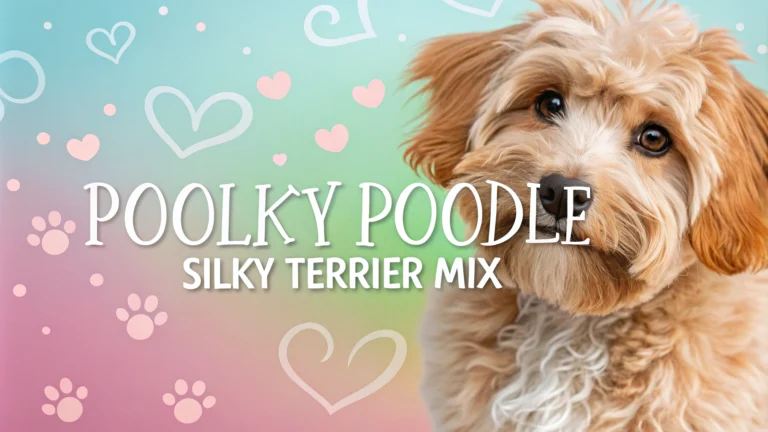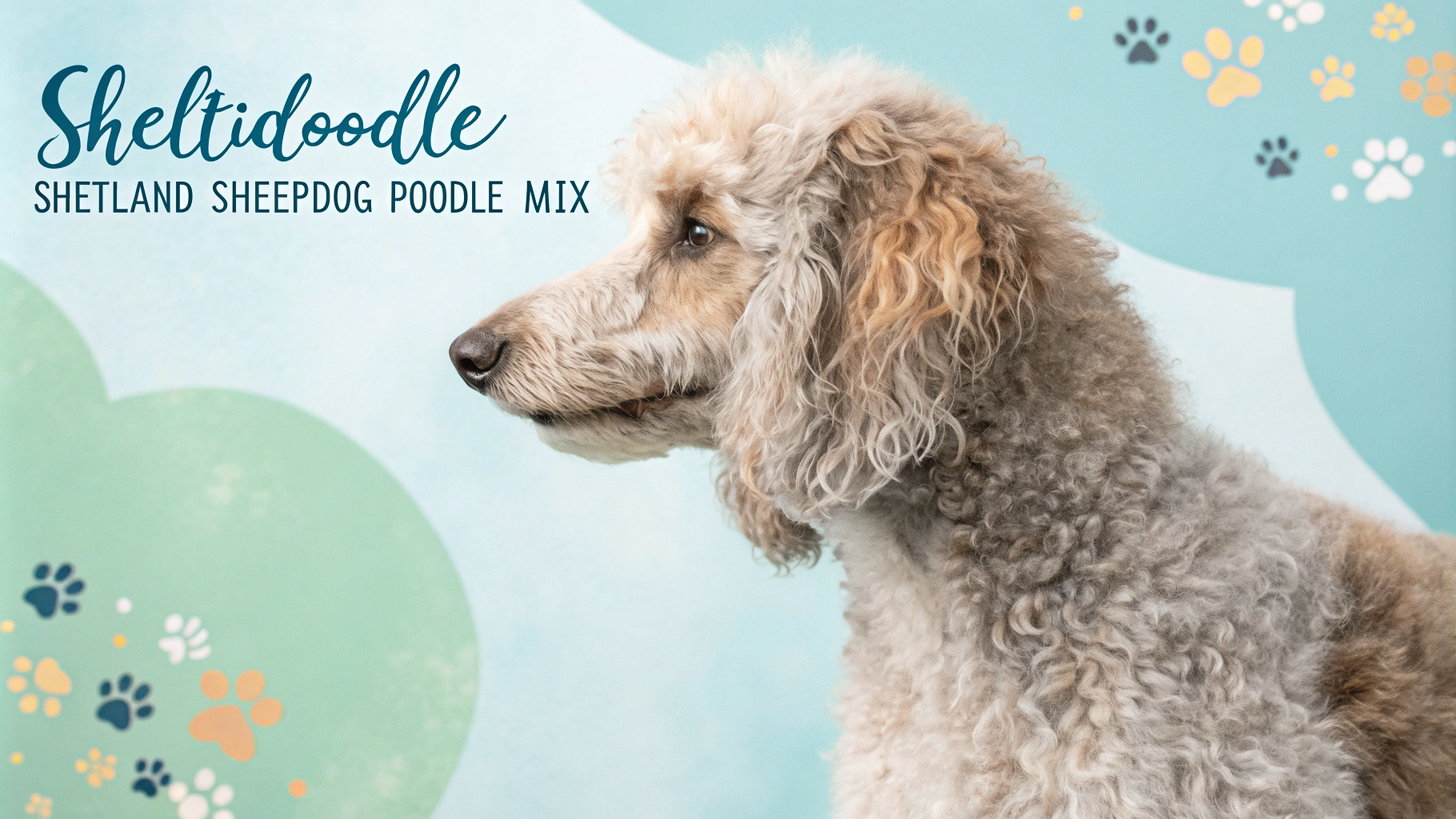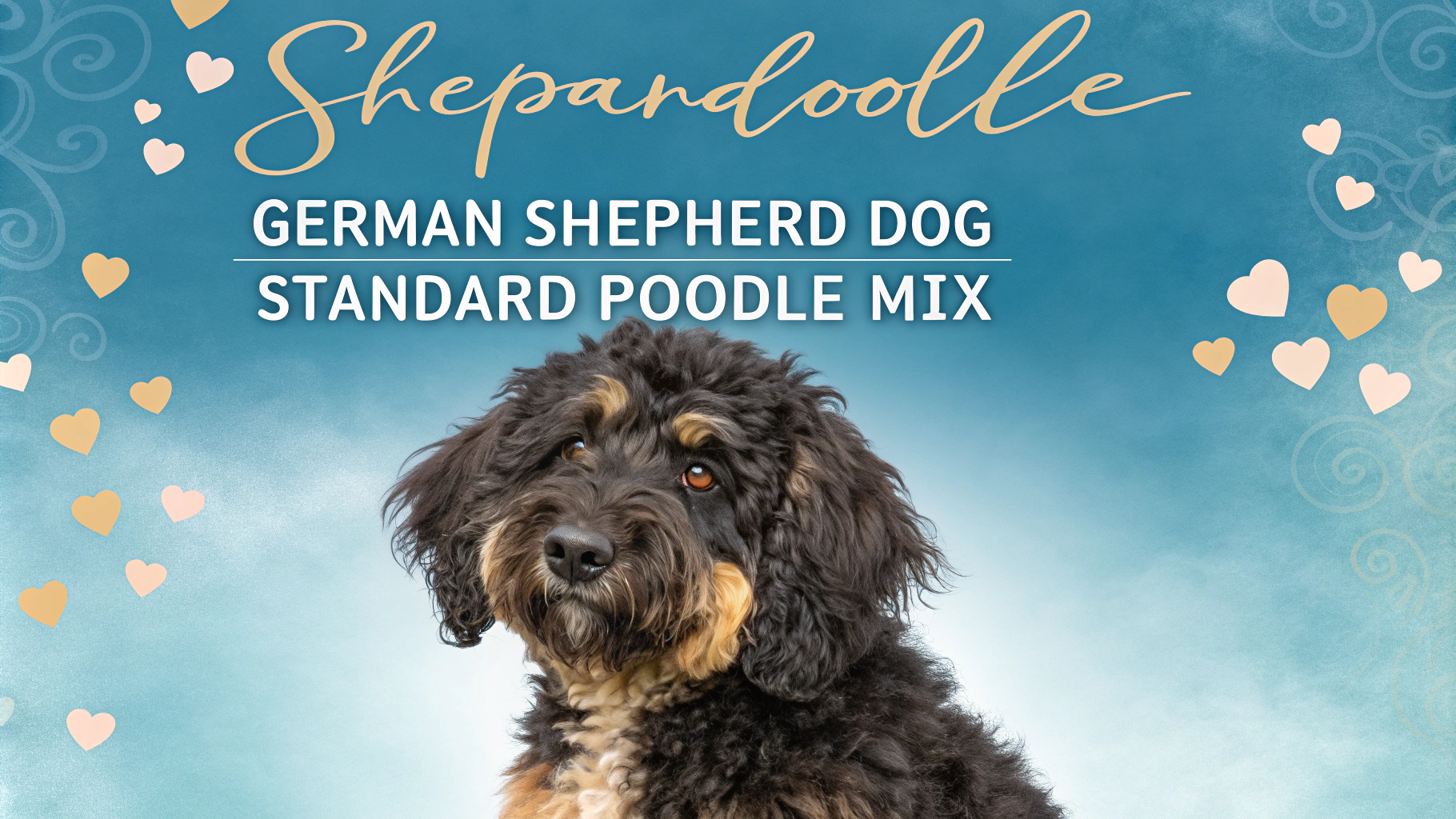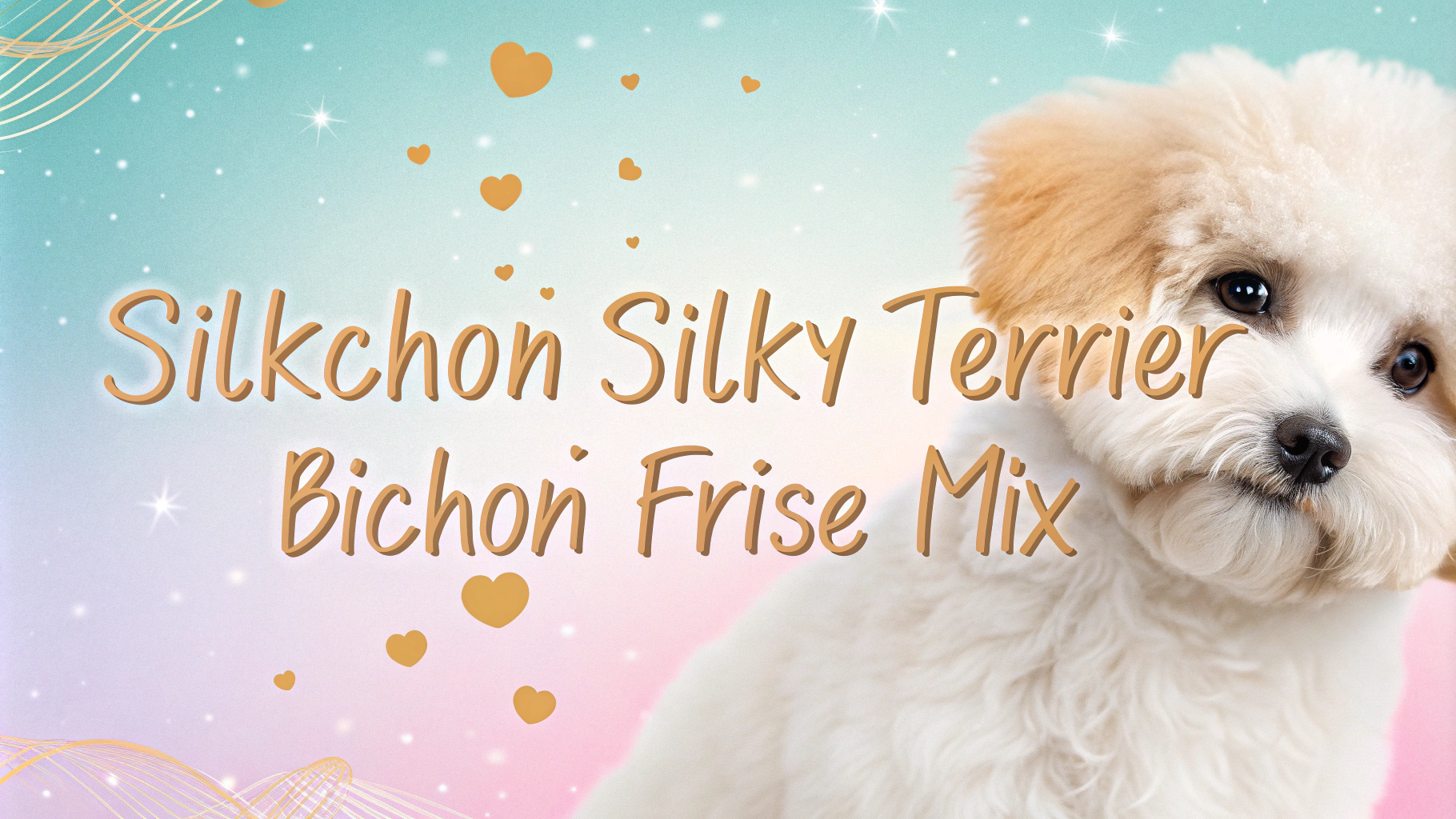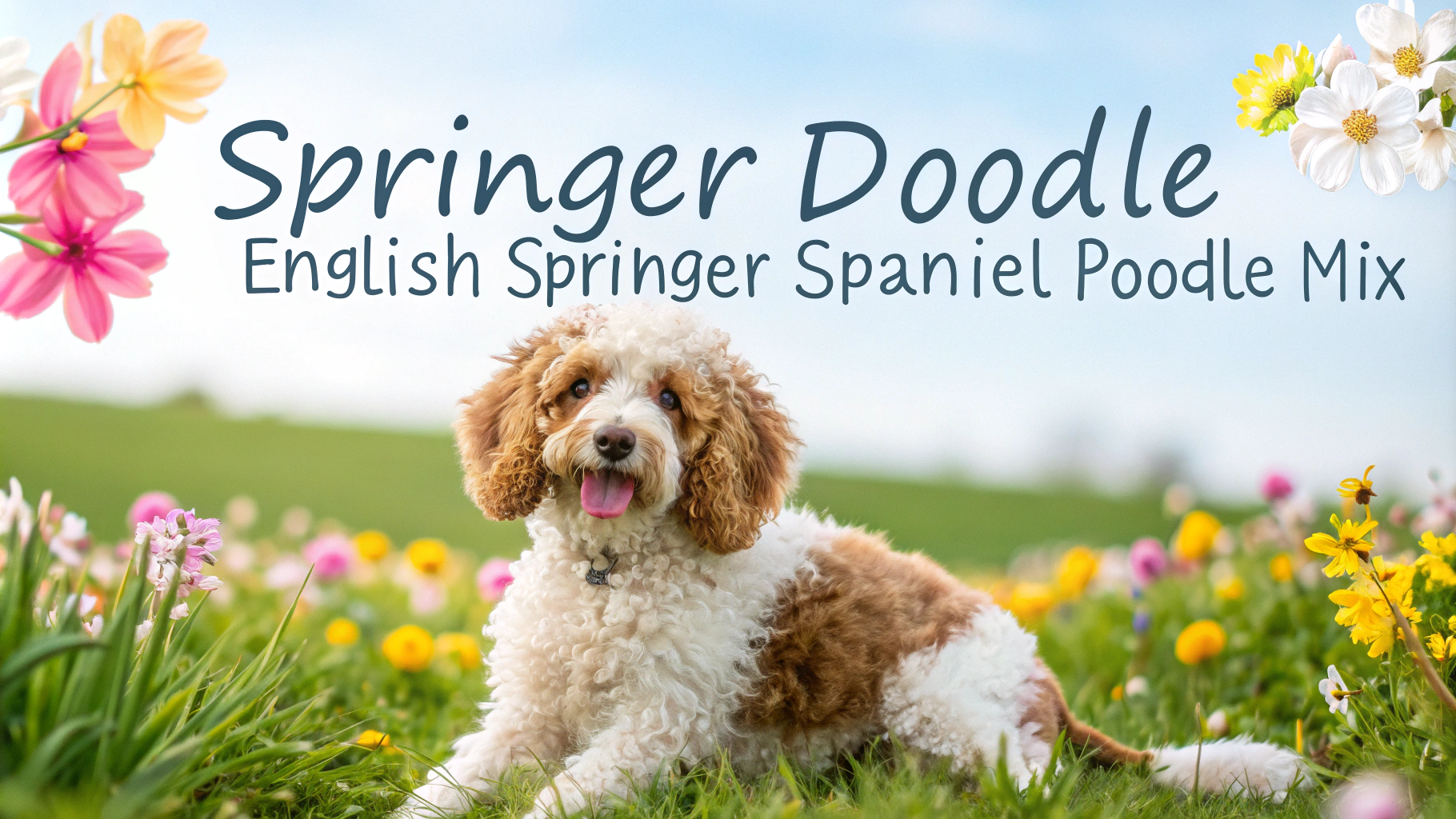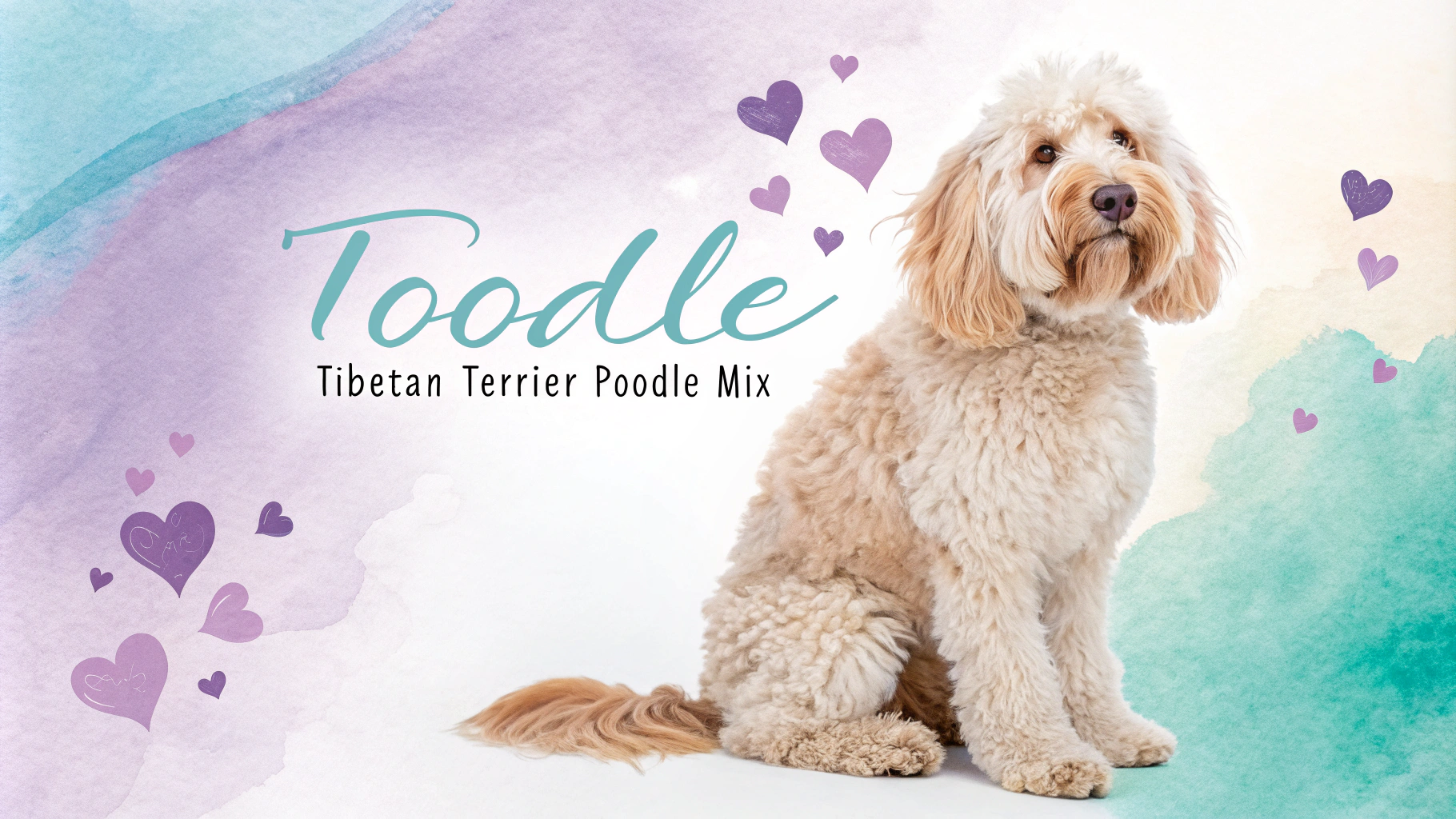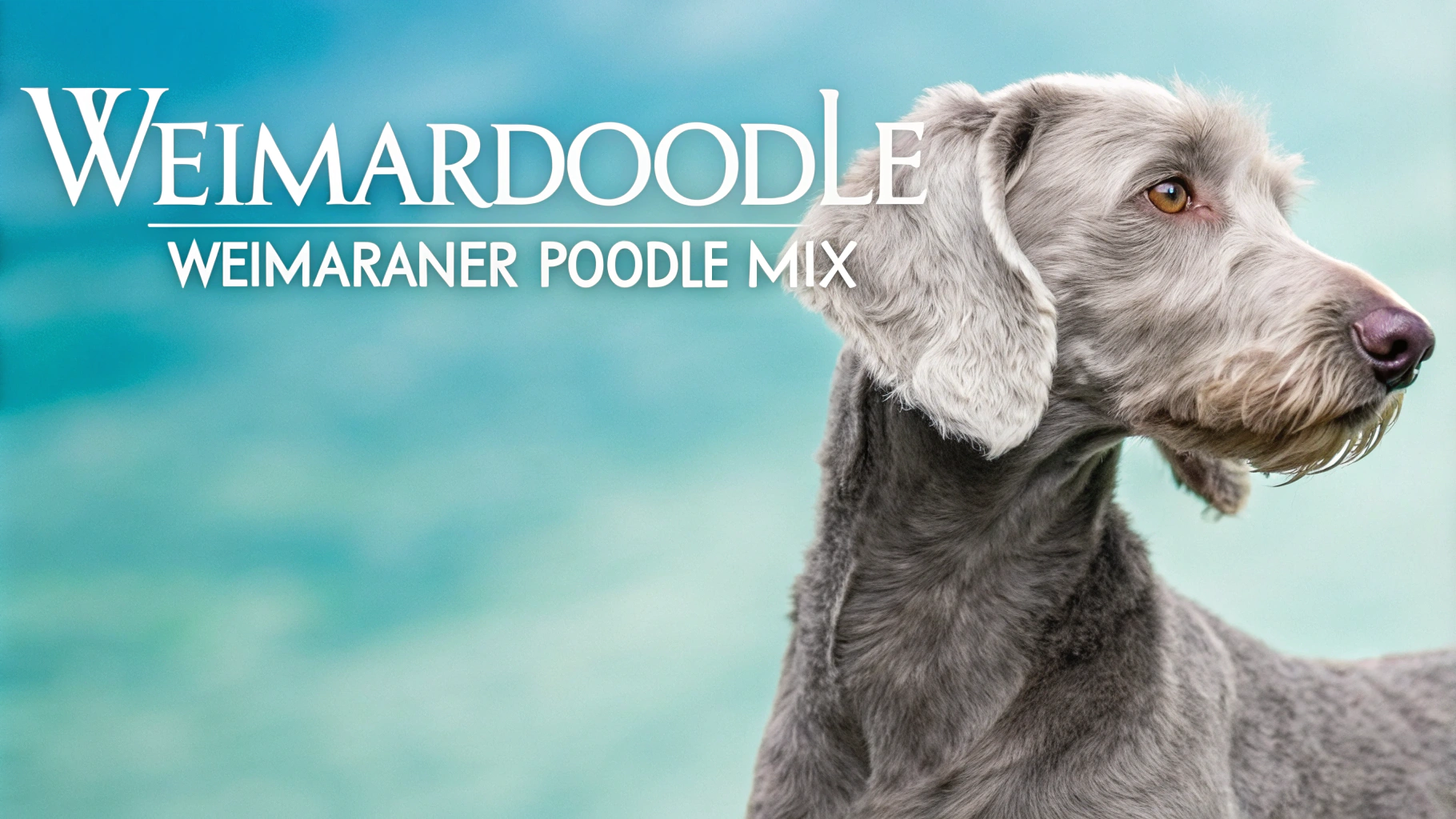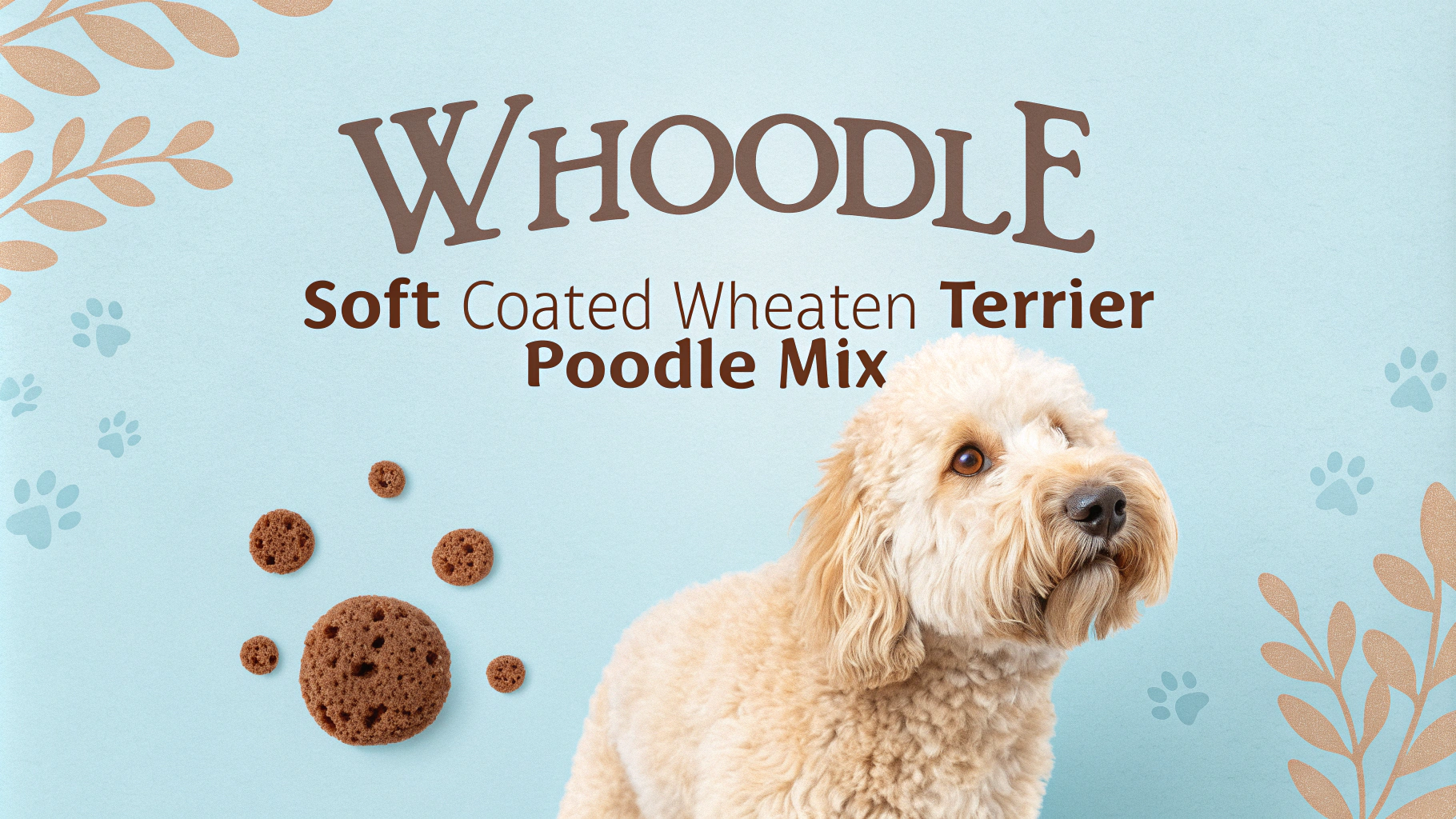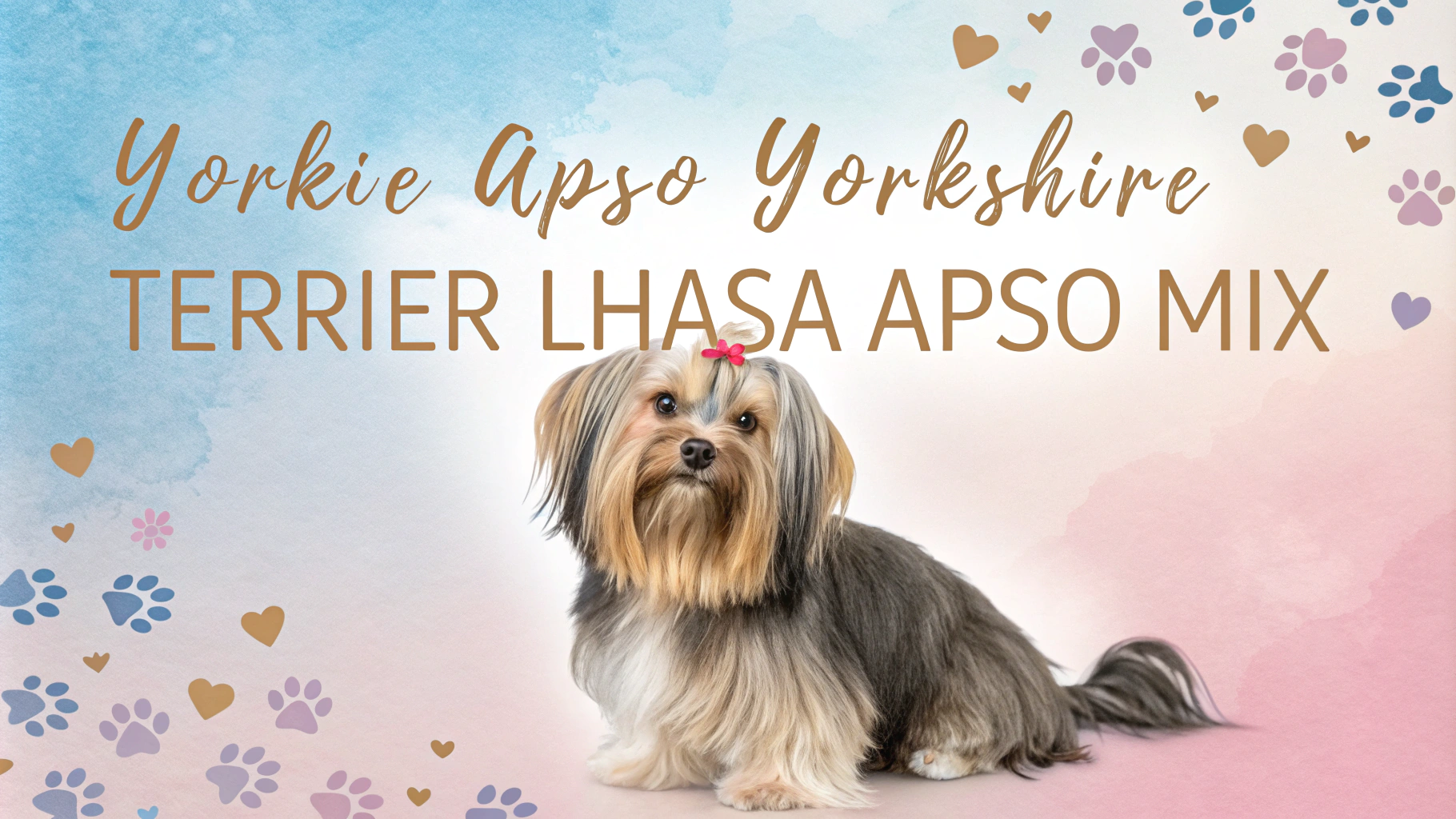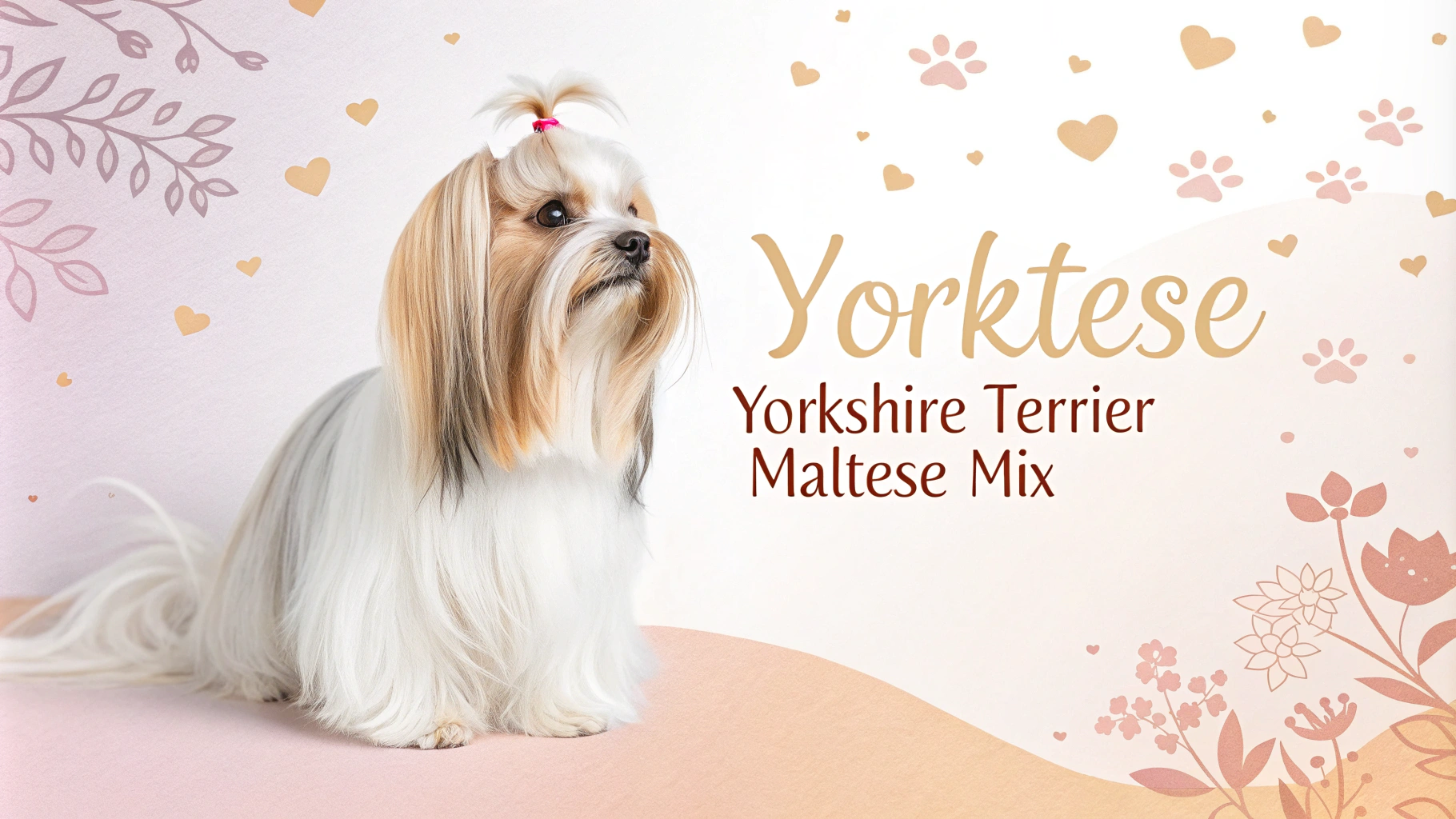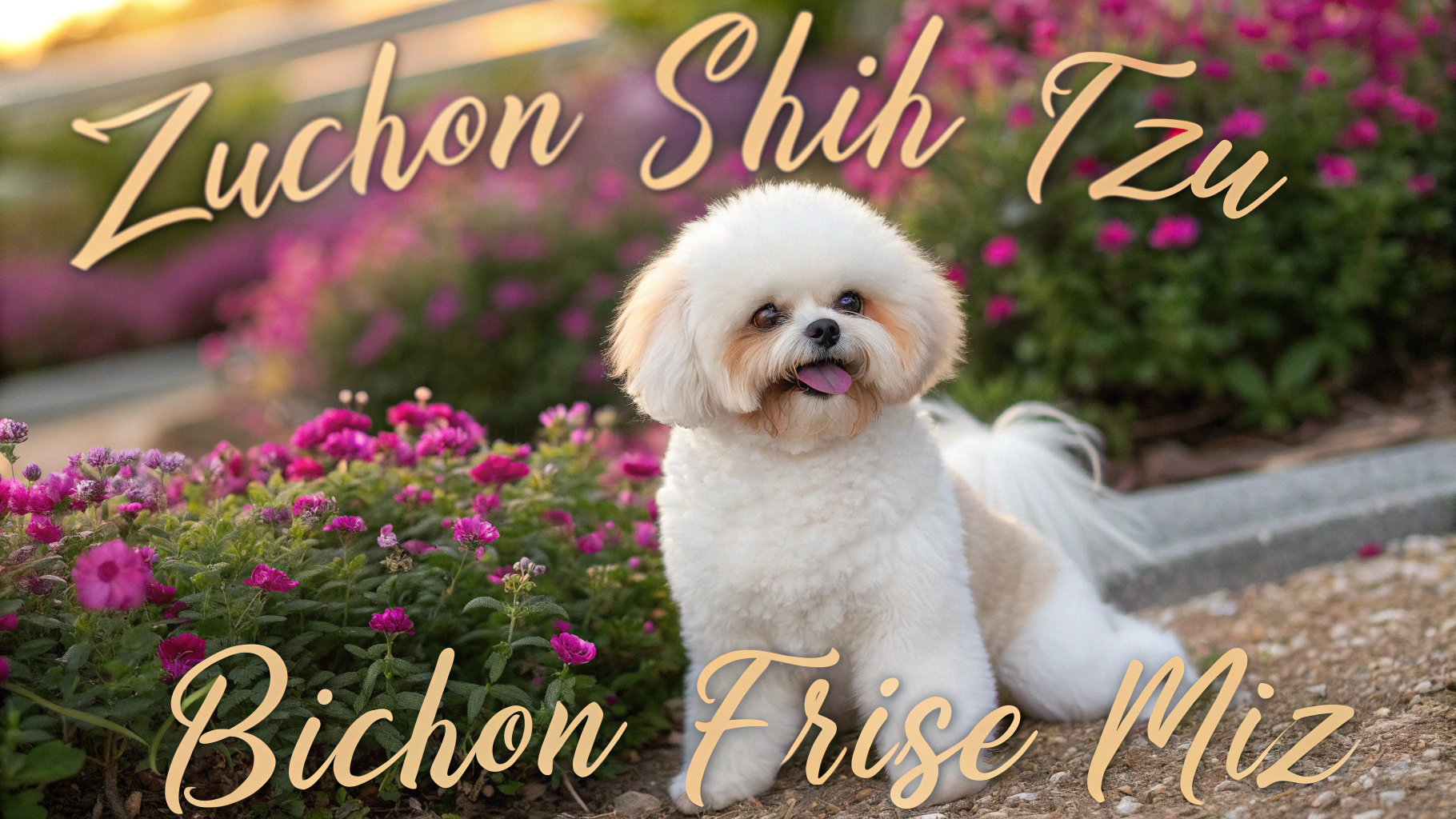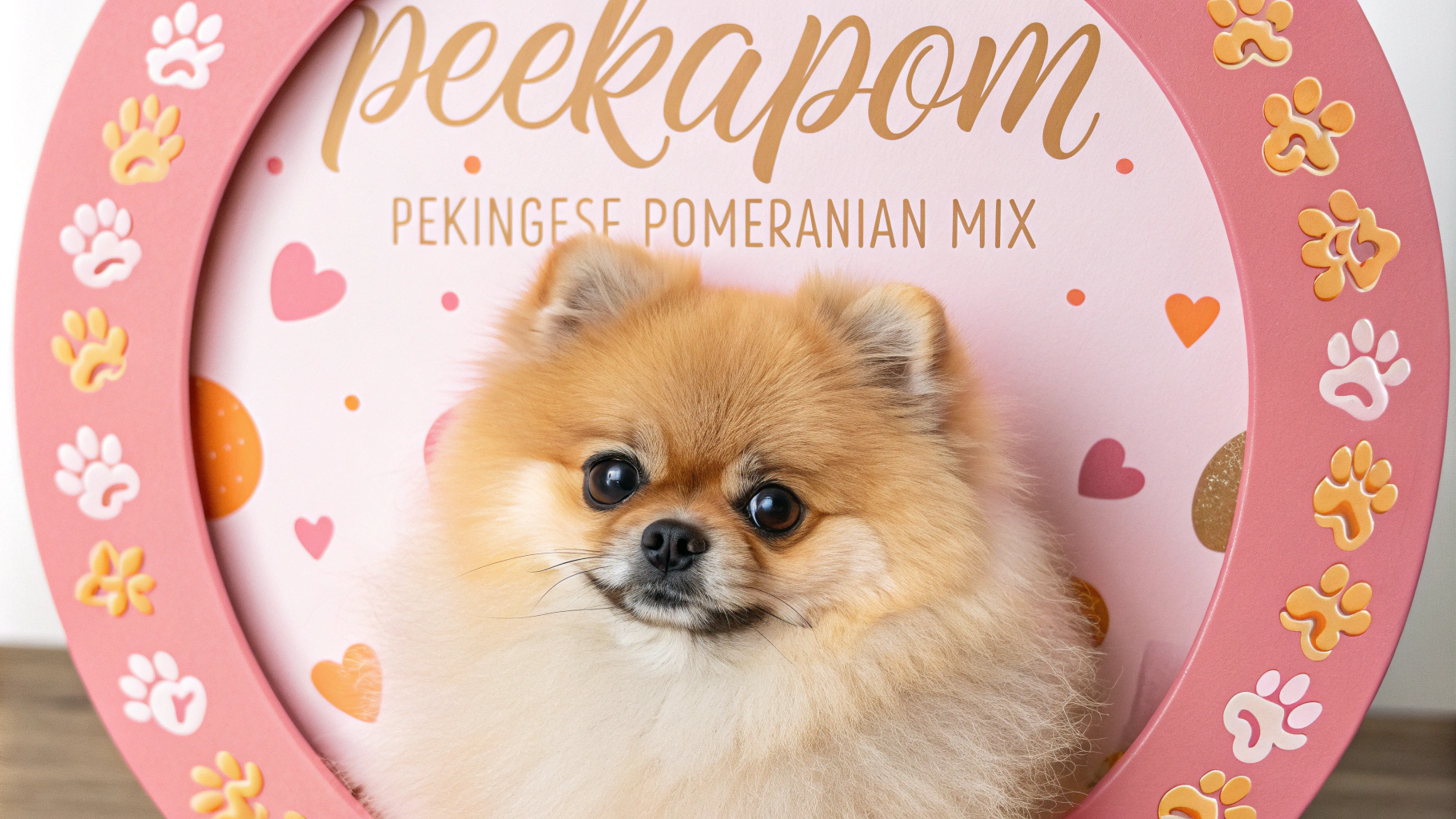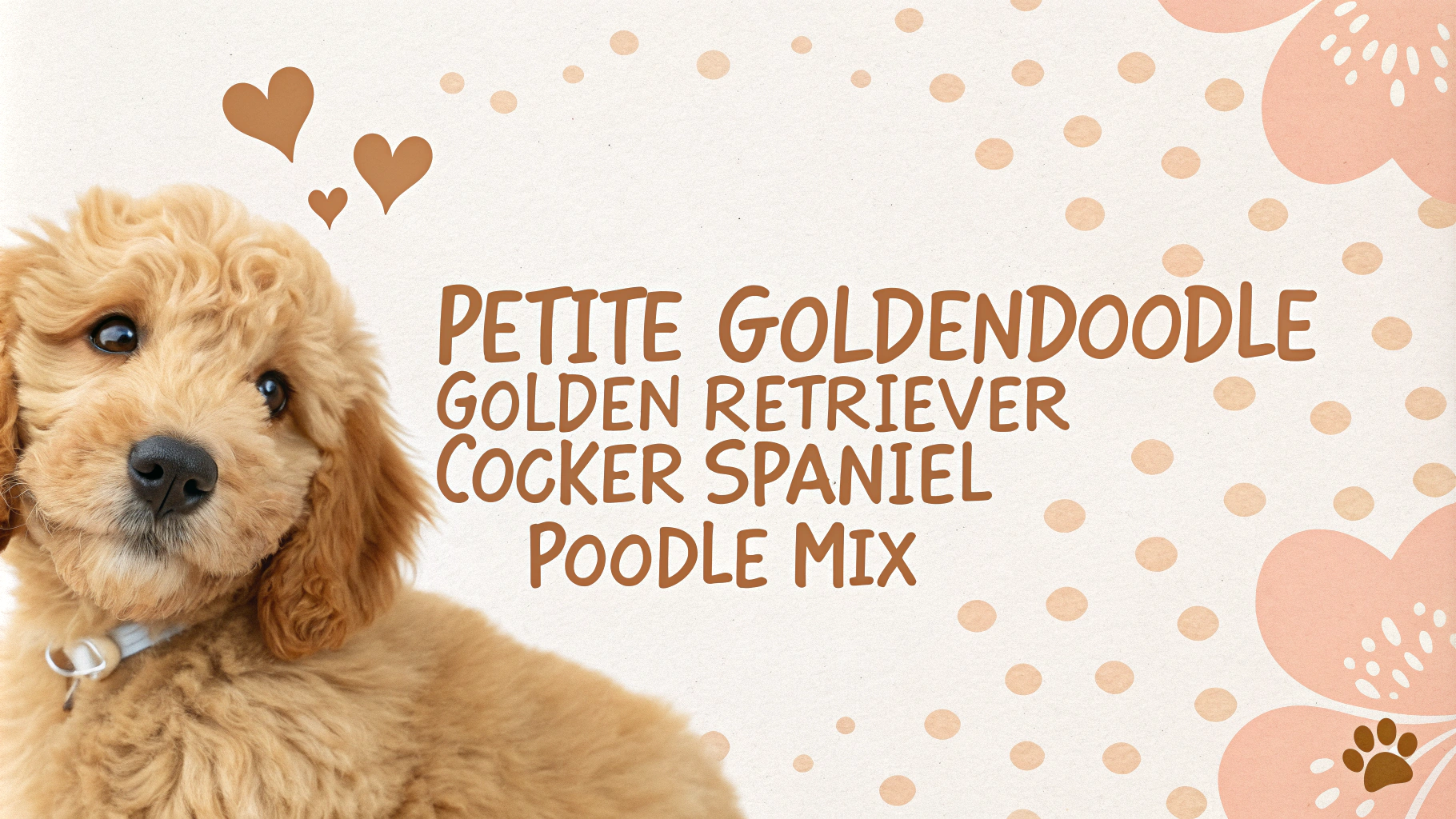The Poolky is a designer dog breed that combines the Poodle and the Silky Terrier. This hybrid dog inherits traits from both parent breeds, resulting in a small to medium-sized companion with a friendly disposition and intelligent nature. Poolkies are known for their soft, silky coats and energetic personalities. As with many hybrid breeds, individual Poolkies may exhibit varying combinations of characteristics from their parent breeds.
Key Facts
- Size: Small to medium
- Weight: 8-20 pounds (3.6-9 kg)
- Height: 9-15 inches (23-38 cm)
- Coat: Soft, silky, and often wavy or curly
- Lifespan: 12-15 years
- Temperament: Intelligent, affectionate, and energetic
- Good with children: Yes, when properly socialized
- Good with other pets: Generally yes, but early socialization is important
- Shedding: Low to moderate
- Exercise needs: Moderate to high
Character Traits
Poolkies inherit a blend of personality traits from their Poodle and Silky Terrier parents, resulting in a smart, affectionate, and lively companion. These dogs are known for their friendly and outgoing nature, often forming strong bonds with their families. They tend to be alert and make excellent watchdogs, although they are generally not excessive barkers. Poolkies are typically good with children and other pets when properly socialized from a young age.
Intelligence is a hallmark of this hybrid breed, as both parent breeds are known for their quick minds. This makes Poolkies highly trainable, but it also means they require mental stimulation to prevent boredom and potential destructive behaviors. They have a playful streak and enjoy interactive games and toys that challenge their problem-solving skills.
While generally adaptable, Poolkies can sometimes inherit the Silky Terrier’s stubborn streak or the Poodle’s sensitivity. This means that consistent, positive reinforcement training methods work best, and harsh corrections should be avoided. Their affectionate nature may lead to separation anxiety if not properly managed, so early training in independence is important.
History & Origins
The Poolky is a relatively new designer dog breed, likely originating within the last few decades as part of the growing trend of creating hybrid dogs. While the exact origins of the Poolky are not well-documented, understanding the history of its parent breeds can provide insight into the characteristics of this mix.
The Poodle, one half of the Poolky’s lineage, has a long and distinguished history. Originally bred in Germany as a water retriever, Poodles later became popular in France and are often associated with French culture. They are renowned for their intelligence, trainability, and hypoallergenic coat. Poodles come in three size varieties: Standard, Miniature, and Toy, all of which could potentially be used in creating Poolkies.
The Silky Terrier, the other parent breed, originated in Australia in the early 20th century. They were developed by crossing Australian Terriers with imported Yorkshire Terriers, aiming to create a larger terrier with a silkier coat. Recognized as a separate breed in 1926, Silky Terriers are known for their spirited personality, loyalty, and distinctive silky coat.
The combination of these two breeds in the Poolky aims to create a companion dog that combines the Poodle’s intelligence and low-shedding coat with the Silky Terrier’s small size and lively temperament. As with many designer breeds, the goal is to blend the best qualities of both parent breeds, although individual Poolkies may vary in their traits depending on which parent they take after more strongly.
Health Concerns
The Poolky, being a mix of Poodle and Silky Terrier, may inherit health issues common to both parent breeds. These can include:
- Hip Dysplasia: A genetic condition affecting the hip joint
- Progressive Retinal Atrophy (PRA): An inherited eye disorder that can lead to blindness
- Patellar Luxation: Dislocation of the kneecap, more common in small breeds
- Dental Issues: Small breeds are prone to dental problems, requiring regular teeth cleaning
- Allergies: Both parent breeds can be prone to skin allergies
Regular veterinary check-ups, maintaining a healthy diet, and providing proper exercise can help mitigate some of these health risks. It’s also important to obtain the Poolky from a reputable breeder who conducts health screenings on their breeding dogs.
Exercise Needs
The Poolky is typically an energetic and playful dog, inheriting the active nature of both parent breeds. Their exercise needs include:
- Daily Walks: At least 30-45 minutes of brisk walking or jogging
- Playtime: Interactive games like fetch or tug-of-war
- Mental Stimulation: Puzzle toys and training sessions to keep their intelligent minds engaged
- Agility Training: Can be an excellent outlet for their energy and intelligence
While they have moderate exercise needs, Poolkys are adaptable and can adjust to their owner’s lifestyle. However, insufficient exercise may lead to boredom and potentially destructive behavior. Regular exercise not only keeps them physically fit but also helps maintain good mental health and prevents obesity-related issues.
Space Requirements
The Poolky is generally a small to medium-sized dog, making them adaptable to various living situations. Their space requirements include:
- Apartment Living: Can do well in apartments if given sufficient exercise and mental stimulation
- House with Yard: Ideal, as it provides space for play and exploration
- Indoor Space: Needs room for a comfortable bed, toys, and space to move around freely
- Outdoor Access: Regular access to a secure outdoor area for play and potty breaks is beneficial
While Poolkys can adapt to smaller living spaces, they thrive with some outdoor access. They’re not typically outdoor dogs and should live indoors with their family. Regardless of living space, ensuring they receive adequate exercise and attention is crucial for their well-being.
Nutrition & Feeding
Proper nutrition is crucial for maintaining the health and vitality of a Poolky. Their dietary needs include:
- High-Quality Dog Food: Choose a brand formulated for small to medium-sized dogs with moderate activity levels
- Portion Control: Feed according to age, size, and activity level to prevent obesity
- Meal Frequency: Usually 2-3 small meals per day for adults
- Fresh Water: Always provide access to clean, fresh water
- Treats: Use in moderation, accounting for no more than 10% of daily caloric intake
Some Poolkys may have food sensitivities inherited from their parent breeds. Monitor for any signs of allergies or digestive issues and consult with a veterinarian if concerns arise. As with all dogs, avoid feeding human foods known to be toxic to dogs, such as chocolate, grapes, and onions. Regular dental care, including dental chews or brushing, can help maintain good oral health.
Grooming Tips
The Poolky, being a mix of Poodle and Silky Terrier, typically has a coat that requires regular grooming. Their fur is often a blend of the Poodle’s curly texture and the Silky Terrier’s fine, silky hair. Brush your Poolky’s coat at least 2-3 times a week to prevent matting and tangling. Use a slicker brush or a pin brush to work through any knots gently.
Regular bathing is necessary, typically every 4-6 weeks, using a mild dog shampoo. Pay special attention to the face, ears, and paws during grooming sessions. Trim the hair around the eyes and ears regularly to prevent irritation and infection. The Poolky’s nails should be trimmed every 2-3 weeks, and their teeth should be brushed several times a week to maintain good oral hygiene.
Professional grooming every 6-8 weeks can help maintain the coat’s shape and manage any difficult tangles. During shedding seasons, which may be minimal due to the Poodle influence, increase brushing frequency to help remove loose hair. Always check for any skin issues, lumps, or parasites during grooming sessions.
Training Approach
The Poolky is generally an intelligent and eager-to-please dog, inheriting traits from both parent breeds. They typically respond well to positive reinforcement techniques, including treats, praise, and play. Start training and socialization early to ensure a well-behaved and confident adult dog.
Consistency is key in training a Poolky. Establish clear rules and boundaries from the beginning. These dogs often excel in obedience training and can learn a wide variety of commands and tricks. They may inherit the Poodle’s aptitude for advanced training, making them suitable for activities like agility or rally obedience.
Be aware that Poolkys may have a tendency to bark, a trait often seen in Silky Terriers. Early training to control excessive barking is advisable. Use patience and positive methods to address any stubborn streaks that might emerge from the Silky Terrier side. Mental stimulation through puzzle toys and training games can help keep their active minds engaged and prevent boredom-related behaviors.
